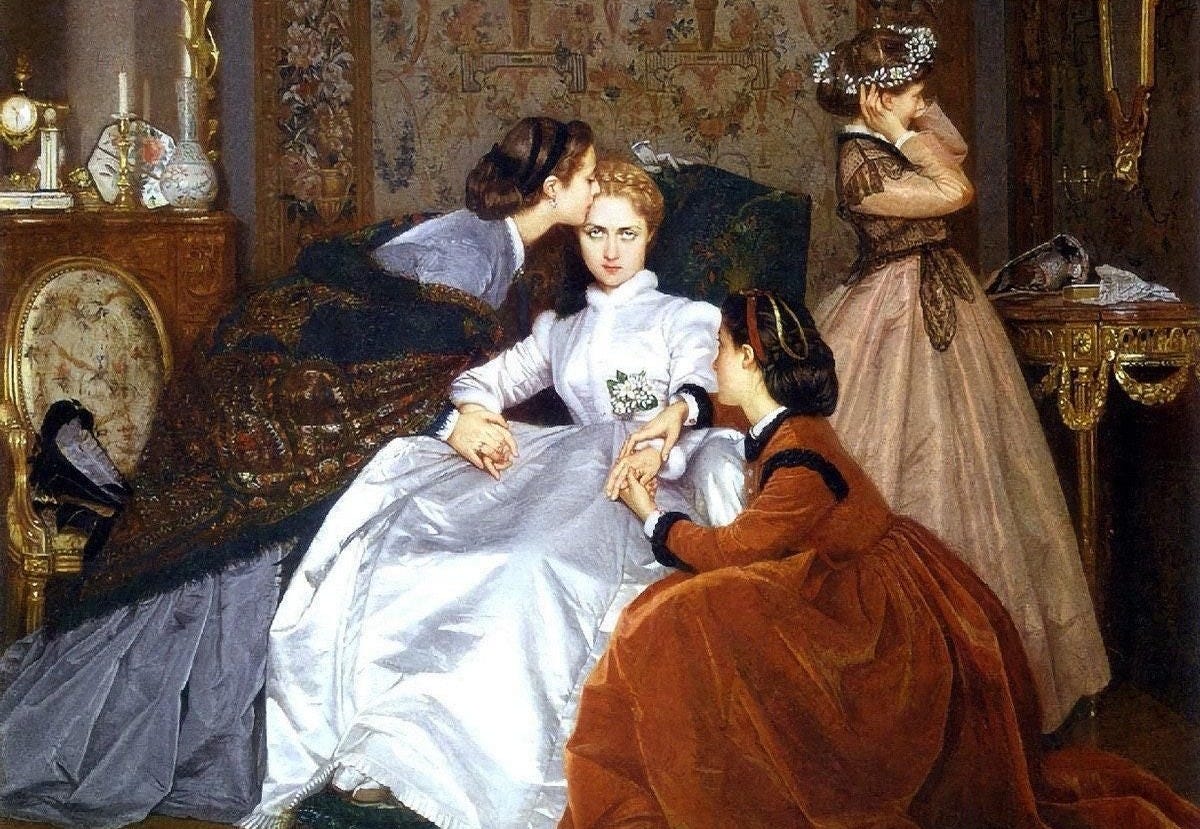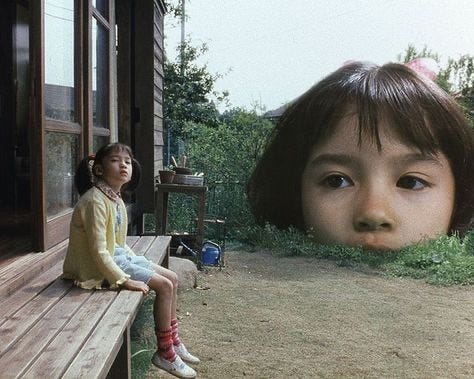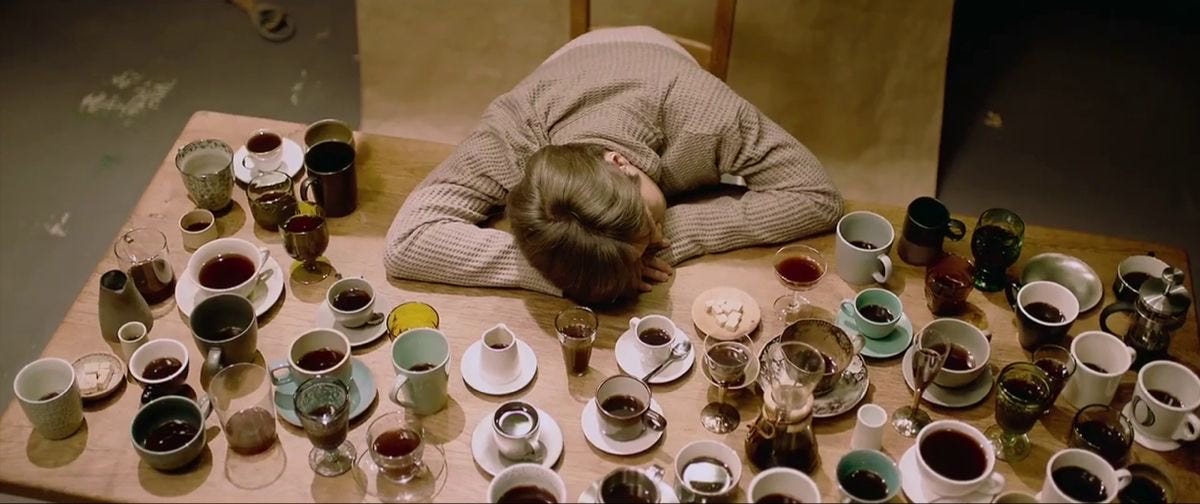I don’t have a to-be-read list.
It’s hard for me to read if I don’t read exactly what I want to read at the exact moment I want to read it.
There’s a rigidity to that. I know.
But truly, there are very few times that I’ve picked up a book that doesn’t have to do with the feelings surrounding that very second of my life.
Presence is such a weird concept, and being present even more so. Our attention spans on the decline, there’s much to be said about them. They are short. Fickle. Stupid little things. Time shrinks now, and we can’t complete things anymore, let alone a book. We are in need of constant stimulus or references or we couldn’t give a damn.
But, from the very depths of my heart I say, with no doubt in my mind that there is only one real reason why we don’t read anymore.
and that’s because we don’t want to fucking listen.
we’re selfish
Reading at its core is selfless. It is us giving up our side of the conversation for the possibility of resonation. At its core is the ability to listen, and we have lost that art.
A survey by Psychology Today reveals that while 96% of individuals consider themselves good listeners, people really only retain about half of what others say immediately after hearing it. Not only are we not amazing at listening, our perception of our ability doesn’t seem that great too.
The digital age has put us all in an panopticon of all our past lives. We think so much about who we are that we don’t want to read stories that aren’t at least tangentially related to us or at least something that we know (the best of us probably read fantasy and can extricate ourselves from our environments).
There was an era where we could listen to “once upon a time” without putting ourselves in the castle, but now we cannot even imagine a world we would want to engage with that we already cannot identify.
I took a minute to see how often I do this myself, and it was alarming.
Here is the list of books I read cause they had to do with me.
I realized I prefer writing because I prefer self-insertion. It’s the same reason why I have a hard time reading nowadays - I’m in a really selfish era of life, so I prefer talking. Daunting when I see it, but reading truly is an act of giving time to someone else to speak.
But, what is better than them telling you a story about you (or one you can pretend is)?
empathy instead of sympathy
There is a dark eclipse of empathy over sympathy, not as a deeper form of compassion at times but as a subtle act of self-involvement. Have you ever given a friend advice by referencing yourself instead of asking questions about their state of mind? Probably sometime. We forget that we should be building the model around their context instead of our own sometimes.
Where sympathy breathes space between ourselves and another’s pain, empathy absorbs it into something we personally experience. This shift, though well-intentioned, often makes us more preoccupied with our own emotional response than with actually easing someone else’s burden.
To be frank, sometimes it’s just not about you. And that’s something you have to deal with, no matter how well-intentioned you were.
Reading is an exercise in sympathy. We cannot speak in this conversation, and at times, when characters or events have nothing to do with our identity, we shouldn’t. Sympathy is selflessness. It is conceding that the struggle is something we don’t identify with but still can recognize pain.
Selfishness and self-projection is difficult when the story has nothing to do with your origin or likes or dislikes. Maybe that’s why we read things that have to do with us so much - we just want a shelf of autobiographies beyond compare.
Wouldn’t that be the dream!
cognitive dissonance
We legitimately cancel ourselves.
Our trend of thinking in only black and white erodes any semblance of critical thinking in favor of absolutism. In today’s day and age, we often default to oversimplified judgements without space for complexity.
What happened to the grey? We don’t question, discuss, or even have the ability to hold multiple perspectives at once anymore. We are complacent and seek confirmation rather than exploration, avoiding ideas that challenge our assumptions. We are more confirmed than ever!
Polarization online hasn’t helped in the slightest. It enforces our beliefs through algorithms and funnels our shit back to us.
“Here!”, it says, “Good or bad?”
The middle ground is a chasm that no one dare build anything over.
Great literature thrives on ambiguity, contradiction, and some really flawed characters. True critical thinking requires sitting with discomfort, recognizing contradictions, and resisting easy answers. Rigidity is hardly human, much less something even a character should abide by.
Why do we reside in a binary world when we could be seeing color?
the era of new media
It isn’t odd at all that this comes at the most teeming biopic era of our generation. These past two years alone, we have seen “Priscilla”, “Oppenheimer”, “A Complete Unknown”, “Bob Marley: One Love”, and the anticipated release of Ronnie Spector biopic “Be My Baby”.
We watch these with an ardor. A lust for understanding and for humanization of the Greats. We want them to be us somehow.
The resurgence of reality TV and shows/movies that base themselves off of themes and places we can identify with (Normal People, the new age of RomComs, One Day, Love Island, etc.) mean more than just a drop in the bucket. Shows are closer to us because we don’t want to transport at all.
How does one read if they don’t want to escape?
switching costs
The switching cost from your phone to a book is high because your phone is hyper-personalized—it knows your interests, habits, and desires, feeding you exactly what keeps you engaged.
A book, on the other hand, knows nothing about you; it demands patience and curiosity without offering instant validation. And for that reason alone, you don’t want to pick it up.
Okay, so why don’t we just read books that we identify with?
Well, people struggle with commitment because it means closing off other options, and in today’s fast-paced world, sitting still feels unnatural—even inconvenient.
We’re wired to seek constant stimulation, making it hard to embrace stillness without guilt. Audiobooks are our solace! They let us "read" while multitasking!
But are we paying attention? Or are we just easing the discomfort of sitting tight? We aren’t really imbibing, but we are productive! Doesn’t that count?
we value the individual
In an increasingly individualistic society, there is a stark deemphasis of the collective. We do things on our own. We self-soothe. We self-motivate, uphold self-care.
Proprietors of ourselves, we can take our own advice. We know ourselves better than any generational elder could offer guidance for. We simply don’t need advice at all, actually!
The more I think about the amount of generational knowledge we have lost simply because we have cast away elders, the more it makes me want to cry. Our treatment of older women particularly, weaponizing them as burdens instead of martyrs of their past selves, feels like a crime.
Systems of power doesn’t want you to learn from them. They want you to repeat the same mistakes, and to leave them unchecked. We isolate, and our ability to collect and mobilize does too. We treat ourselves with the same poison wondering why we haven’t been cured, drinking slowly at the mouth of the most vacuous echo chamber in the world.
the scariest part
Perhaps the scariest realization of them all is that we can’t read because we think we already read.
Short form content is an engine makes you believe you know a lot more than what you actually do because it is rapid, small, varied bits of info - but do you actually know things in depth?
Chances are, no, but we can easily convince ourselves of different. Frightening.
Information is the currency of social capital. It’s about being the most cultured person in the room now. You don’t actually have to know anything, sometimes, just that people think you do.
It is easy to find information too, without deliberation in the slightest. Do we care if information is reliable anymore or where it’s from? Or are these pieces of information meant to convince someone else we know a lot about something?
I will admit, information was always social capital. But, it used to be that the integrity of the information was the clout, not the fact that you as an information gatherer are intelligent by having lot of information. A lot has changed, however, in our digital landscape, for integrity to remain important.
okay I lied, this is the scariest part
If you aren’t kicking yourself by now, then you must know that there is someone winning in all this, and it is most definitely more victorious than your social capital.
The less we read, the more malleable we are. The banning of Fahrenheit 451, Animal Farm, The Handmaid’s Tale, to name a few, are signs enough. These are stories of questioning and recognition of manipulation. We let tech giants and government oligarchs (repeating myself) spoon feed our expectations back to us, now.
Al Jazeera, for a year now, reports that social media platforms like Facebook, Instagram, YouTube, and TikTok are shadow banning pro-Palestinian voices, with content related to Palestine seeing reduced reach or removal. Users, including activists, journalists, and citizens, report having their posts censored or engagement suppressed, particularly when expressing support for Palestinians.
Free speech is at its death bed. We kneel next to it not knowing how to help because we only know about the artillery that put it to sleep in the first place.
now what?
Getting back into reading is hard. Maybe you were never into it. An easy way to think about it is an exercise in listening. You’re simply listening to someone talk - their story may be interesting or maybe not, but you have to approach it with an open mind for it to affect you at all.
This is all to say, you don’t need to come into reading feeling like your choices are invalid if they aren’t the next Great American Novel. Starting anywhere is a start, and is valid for you.
In this lifetime, it’s difficult to say if you are doing enough to be a better listener and truly a hearer of people. But, reading a book once in a while means that that person is in you no matter how much you feel like denying it.
Here are some tried and trues that can get you started with your reading journey :,)
The Kite Runner by Khaled Hosseini
The Silent Patient by Alex Michaelides
The Namesake by Jhumpa Lahiri
The Handsmaid Tale by Margaret Atwood
The Poppy War by R.F. Kuang
The Hitchhiker's Guide to the Galaxy by Douglas Adams
Franny and Zoey by J.D. Salinger
My Brilliant Friend by Elena Ferrante
Project Hail Mary by Andy Weir
The Virgin Suicides by Jeffrey Eugenides












this reminds me of that Fran Liebowitz quote: "a book is a not a mirror, it's a door"
I feel like I stumbled into a gold (I just discovered your account). Thank you for such amazing contents!